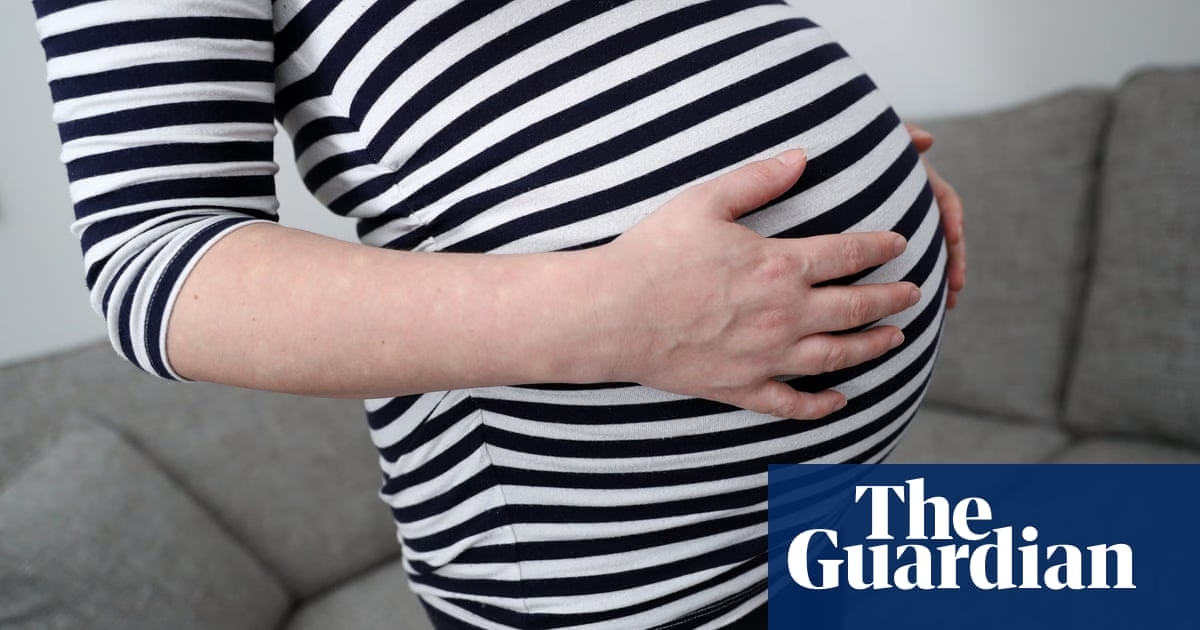Approximately three-quarters of individuals undergoing fertility treatment in the UK are utilizing “unproven extras” to enhance their likelihood of conceiving a baby, despite the lack of substantial evidence supporting their effectiveness.
According to the findings of the UK’s fertility regulatory body, this implies around 40,000 individuals annually opt to invest in unproven methods such as acupuncture, supplements, and certain medications, despite these having little backing.
The Human Fertilisation and Embryology Authority (HFEA) highlighted this concern in its recent national patient survey, which examined the experiences of patients with NHS and private fertility services.
The survey, which included responses from 1,500 individuals, revealed that 73% of patients resort to at least one additional test, treatment, or emerging technology while undergoing IVF or donor insemination.
The cost for these supplementary treatments can go up to £1,500, although options like mineral and vitamin supplements may be less expensive, costing around £25 for a 30-day supply.
Since 2017, the HFEA has been advocating for reduced use of such additional treatments, as they “remain largely unproven in increasing the chances of having a baby for most patients.”
More than half of the patients (52%) who chose to pay for unproven extras did so after consulting with their doctors about their potential effectiveness. A higher percentage (59%) proceeded based on recommendations from their clinics, according to the HFEA.
The survey highlighted a concern that “only 37% of patients reported that their clinics adequately explained the risks associated with additional tests, treatments, or technologies.”
Julia Chain, the HFEA’s Chair, expressed disappointment over the significant number of patients still using these add-ons and the lack of comprehensive communication regarding risks and effectiveness.
The most common supplementary treatment was additional drugs or supplements (39%), which can include coenzyme Q10, an antioxidant that some believe enhances egg quality.
Acupuncture (27%) was the second most popular among these extras, followed closely by time-lapse imaging and incubation (26%), with about 7% of patients resorting to nutritional therapy or consulting nutritionists and dieticians.
In 2022, over 55,500 individuals in the UK underwent fertility treatment, with the majority (52,500) opting for IVF and 3,000 choosing donor insemination.
The likelihood of using add-ons increases with the number of treatment cycles; 86% of those who had five cycles reportedly used an add-on, compared to 62% of those who underwent only one cycle.
While use of endometrial scratching has decreased in recent years, the demand for pre-implantation genetic testing for aneuploidy (PGT-A), despite insufficient evidence supporting its effectiveness in improving outcomes, has risen. This trend is particularly noticeable among patients aged 40-42 and those living in London.
The HFEA is committed to guiding clinics to provide clear information about the costs and potential benefits of add-on treatments and will continue to stress the importance of effective communication for patients.
Additionally, the HFEA highlighted issues such as extended waiting times for care, particularly for NHS fertility services, and disparities in satisfaction among patients of different ethnic backgrounds.







